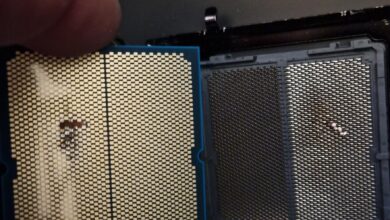Latest Chrome Update Aims to Tackle Large RAM Usage

Google has decided to prioritize reducing the extremely large memory demands in Chrome, especially when using multiple tabs and various plugins. A blog post outlined the drafted improvements in Chrome version 45 and explained how tabs will be restored in a more sensible manner:
“Chrome has long had the option to “continue where you left off” by restoring tabs when you relaunch Chrome. Now, Chrome is smarter about restoring your tabs more efficiently. Tabs are restored from most to least recently viewed, so you get to see the most important tabs faster. And Chrome will now detect if your computer is running low on resources and stop restoring the rest of your tabs to save you precious memory. You can always click to restore them if you’d like to access them later.”
Chrome 45 can also detect when a webpage is inactive and use the opportune moment to refresh old, unused memory. According to Google’s engineering team, this resulted in an average 10% memory drop on standard HTML sites. The performance benefit became even more pronounced with complex web apps and almost reached a RAM reduction rate of 25%.
Recently, Google announced a new policy to pause flash adverts unrelated to a website’s content. Supposedly, this can increase the battery life of many devices up to 15%. Google hopes that combing all these efforts will finally tackle Chrome’s absurdly high RAM usage head-on and begin to restore the browser’s reputation as a clean, secure and dependable piece of software.












